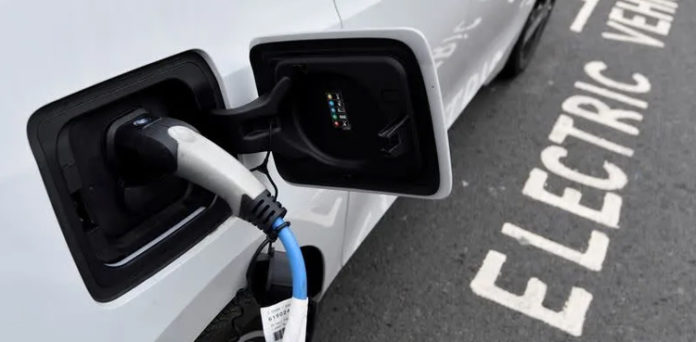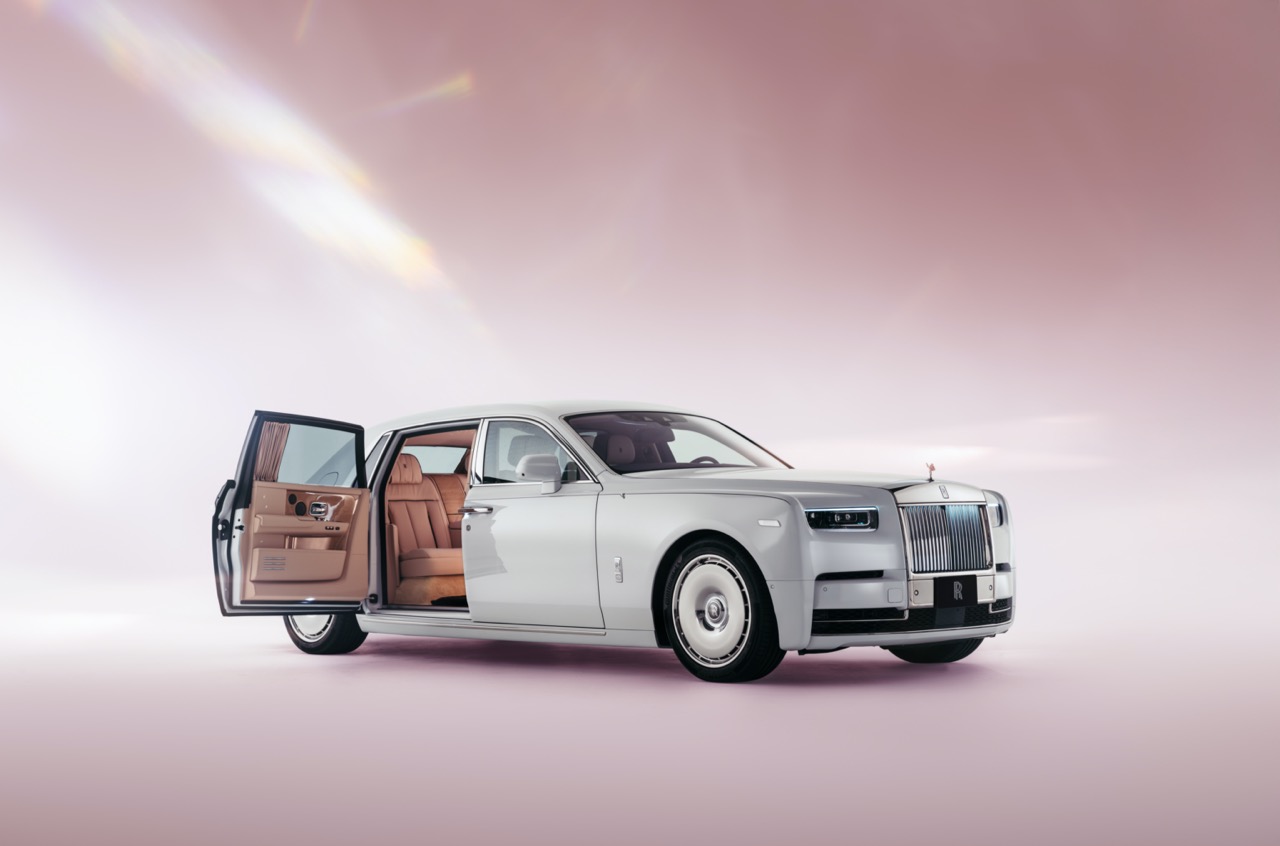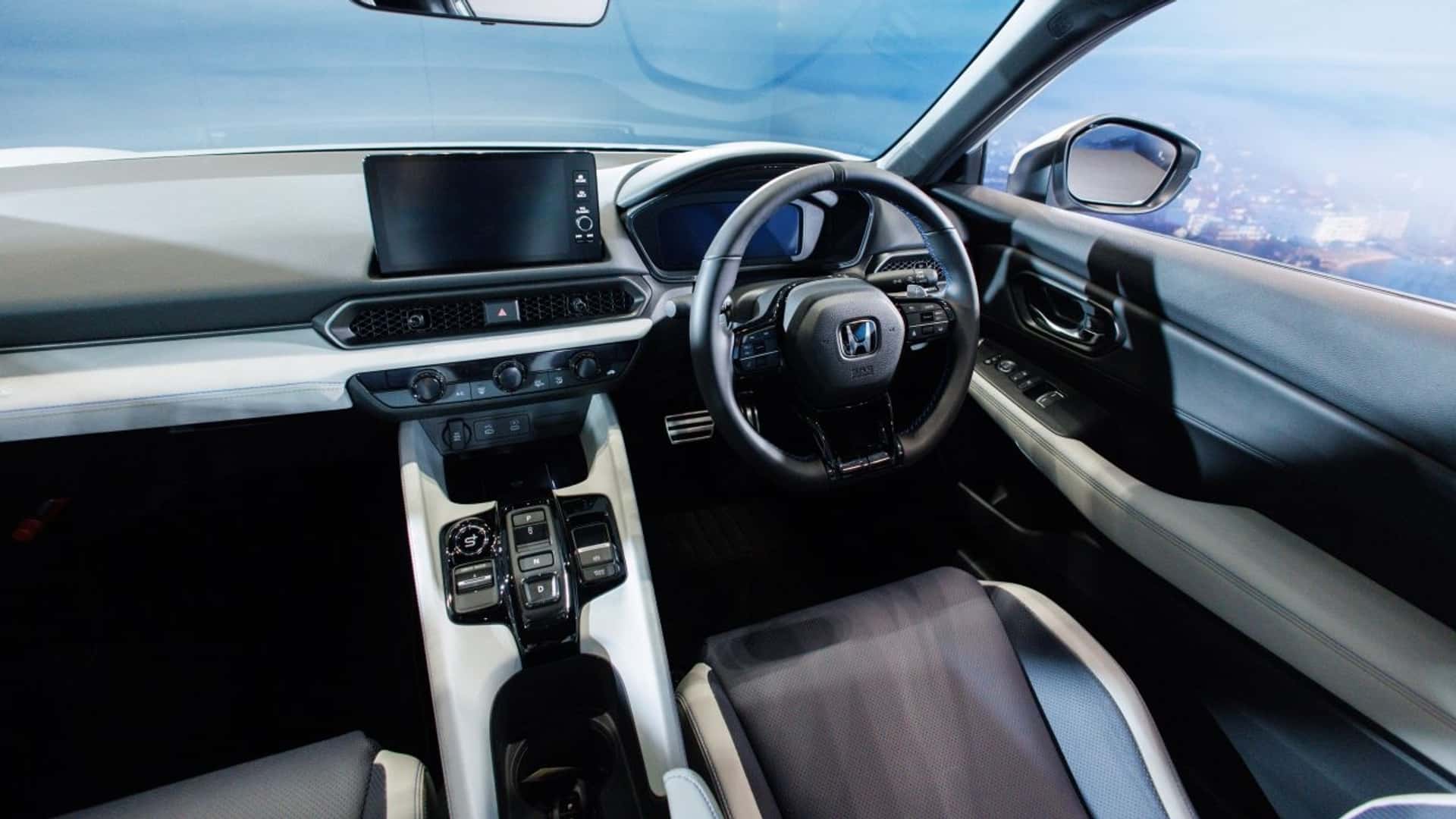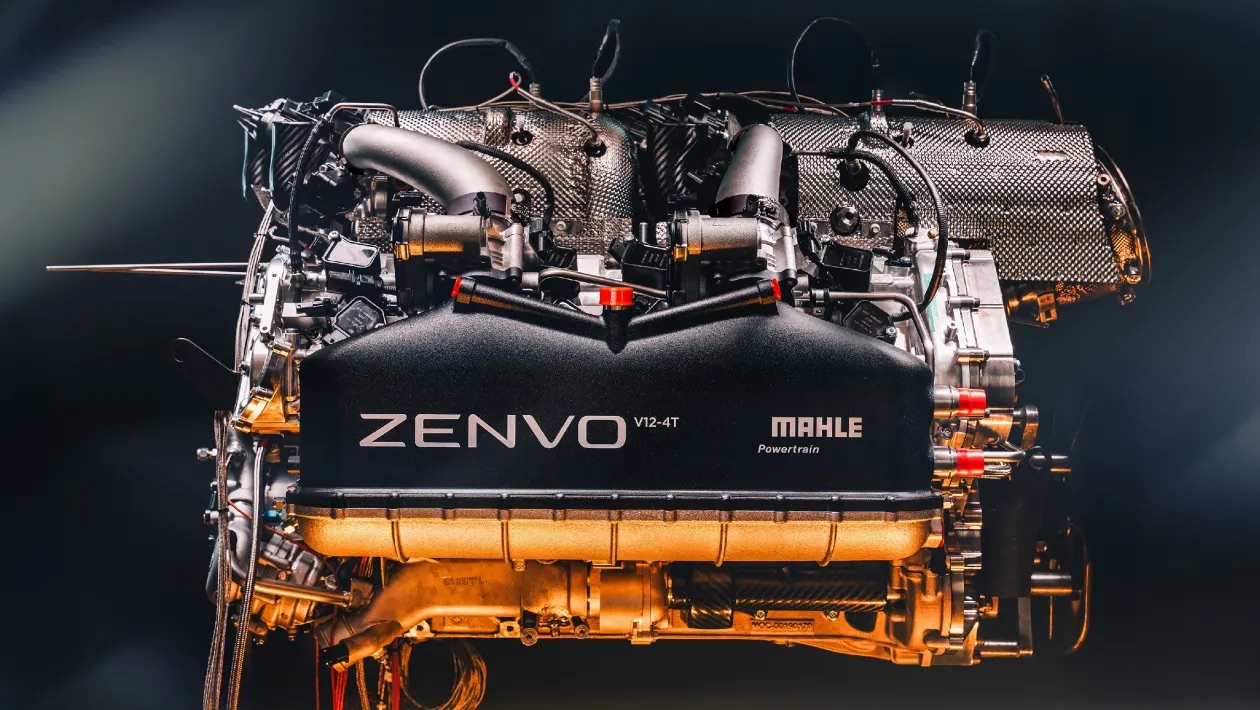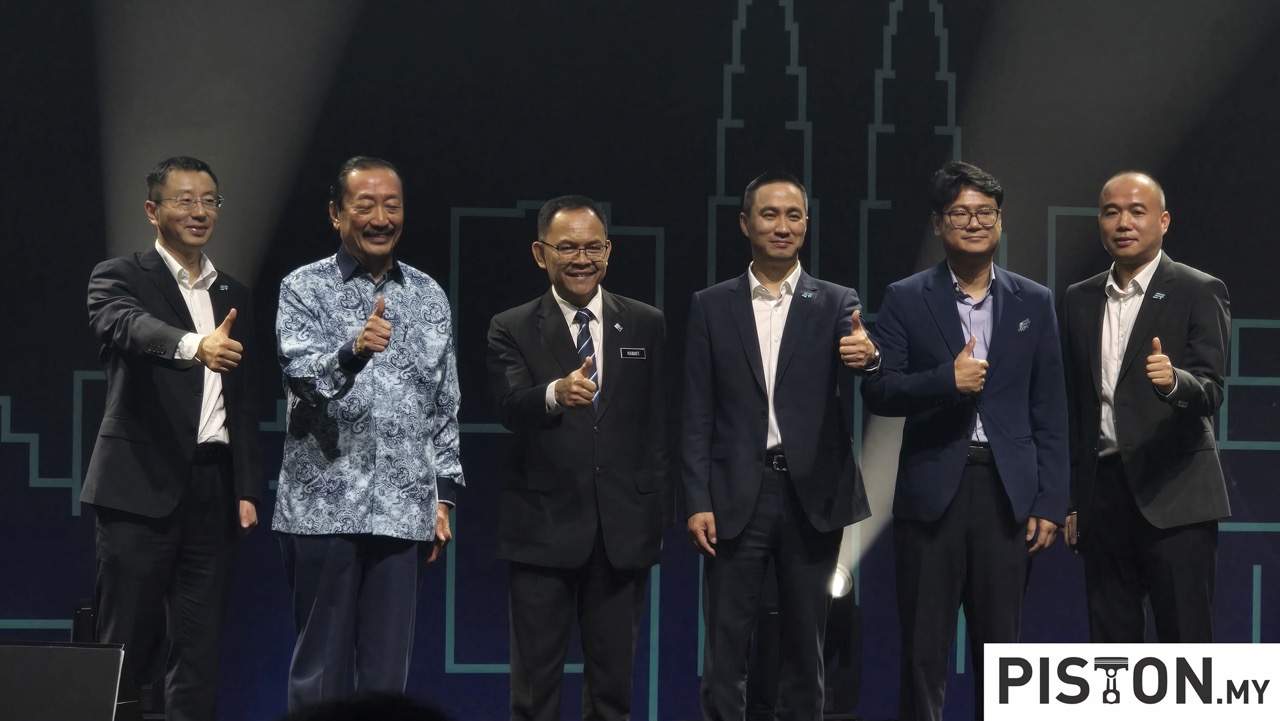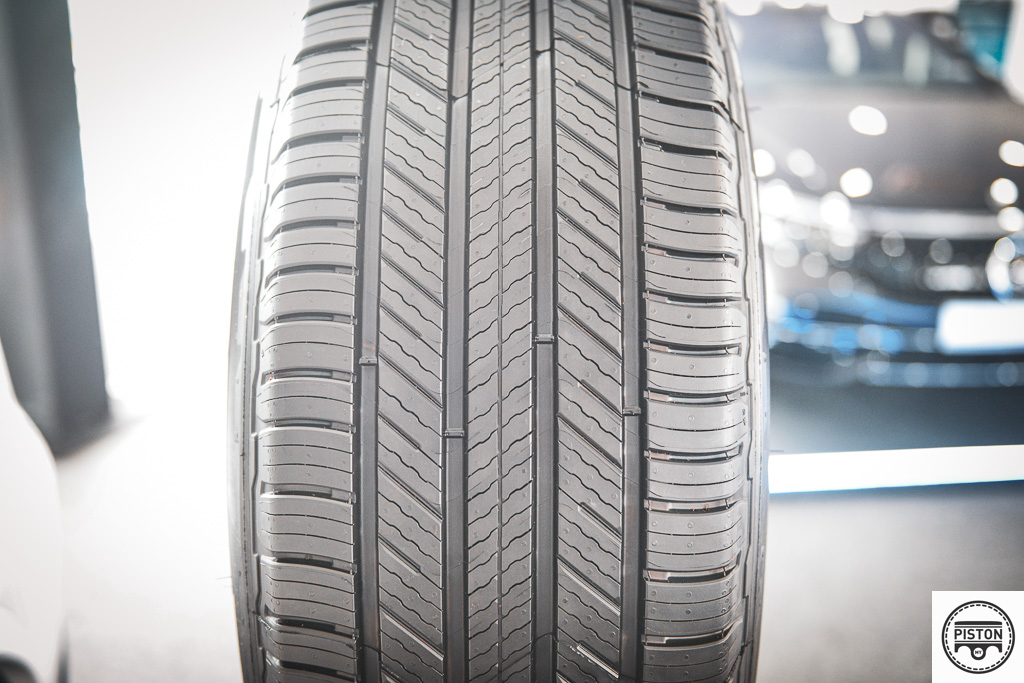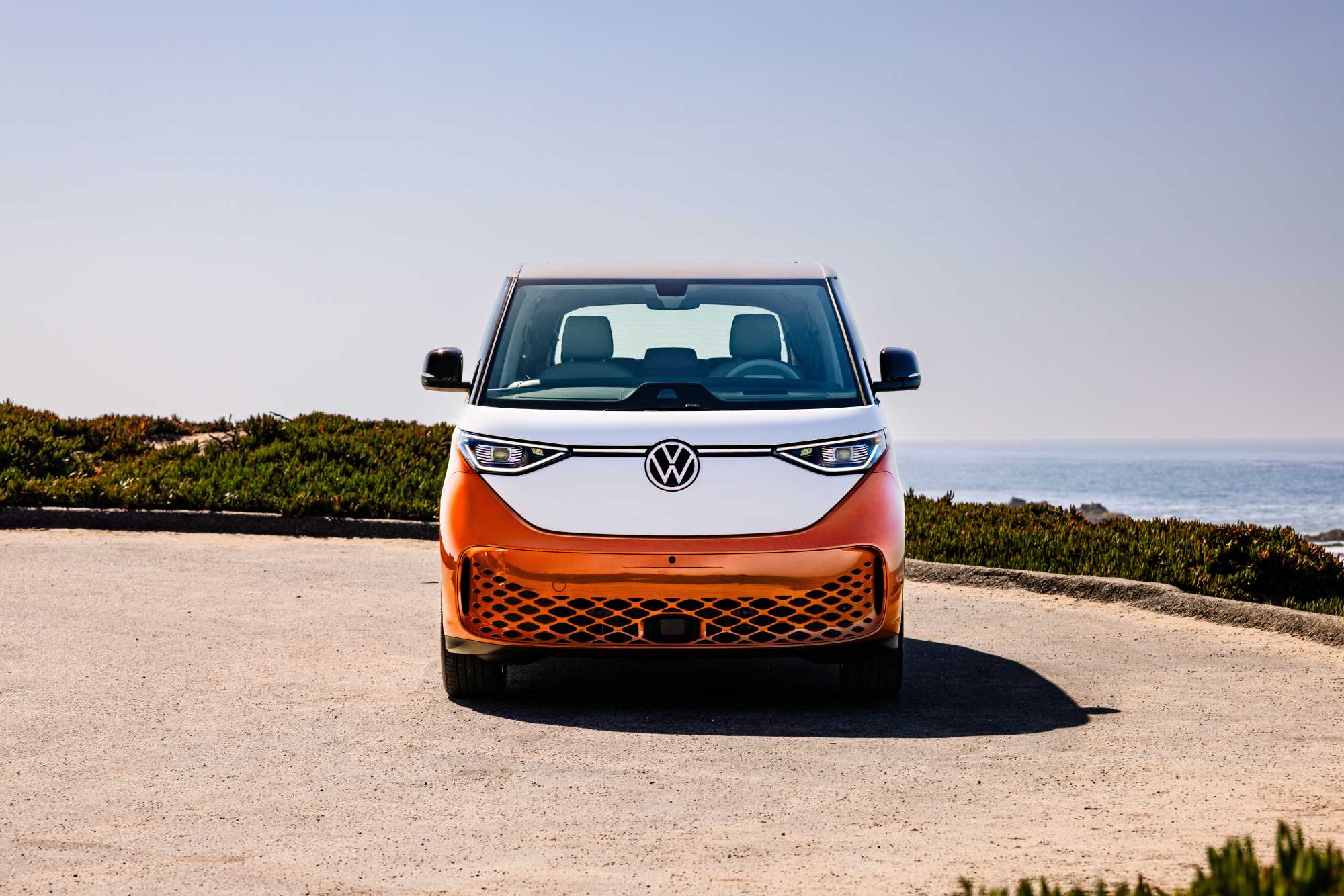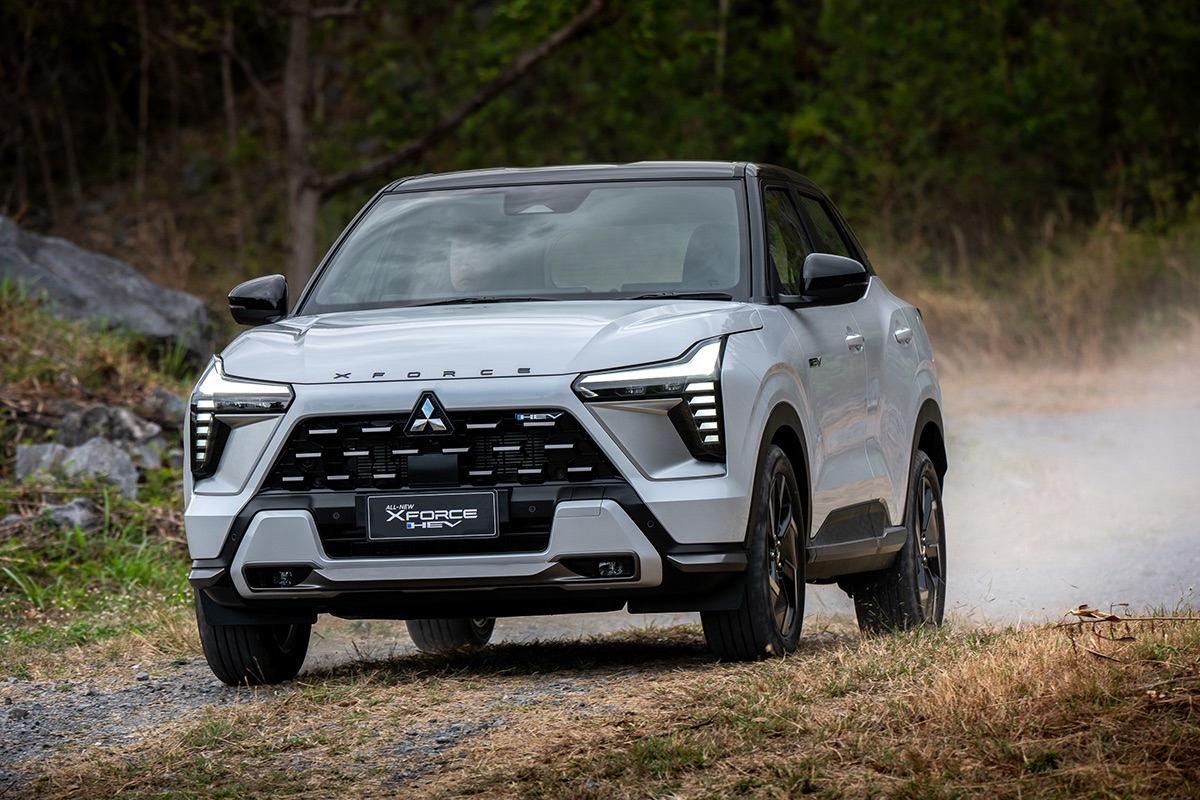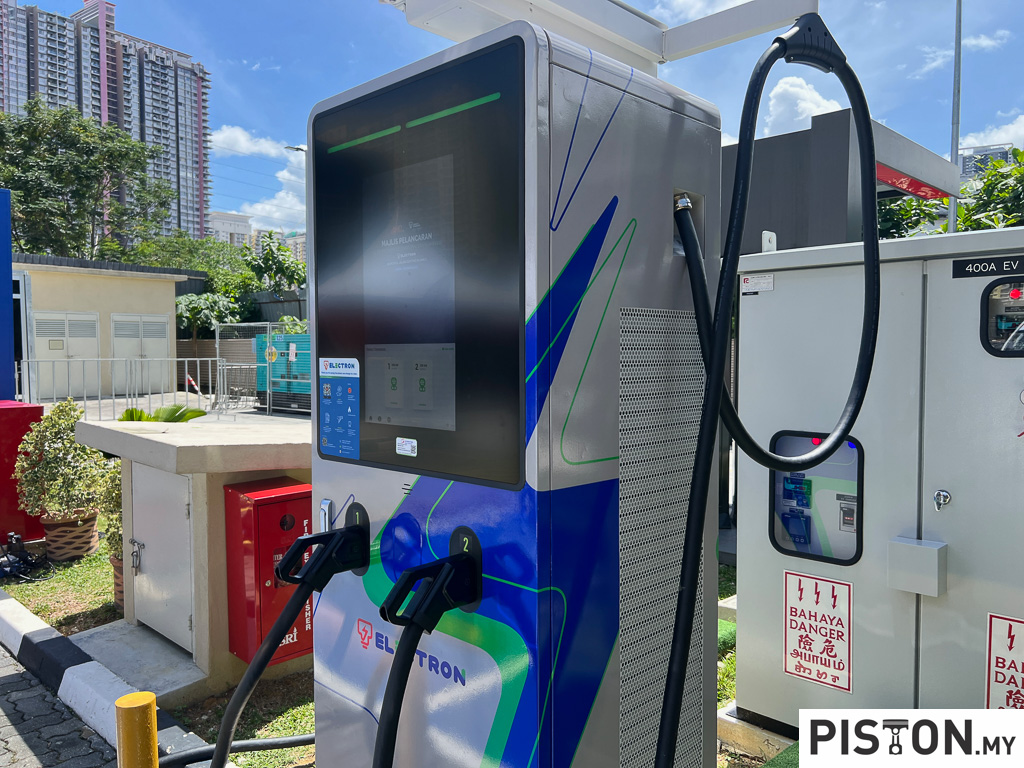The Malaysian government continues to support the growth of electric vehicle (EV) charging infrastructure, offering various incentives despite the absence of specific provisions in the 2025 Budget.
Key Incentives for Charging Site Operators (CPOs)
The Ministry of Investment, Trade, and Industry (MITI) highlighted several incentives available to encourage the development of EV charging stations:
- Green Investment Tax Allowance (GITA):
- CPOs meeting the eligibility criteria can benefit from a 100% Investment Tax Allowance for five years.
- This allowance allows deductions of up to 100% of statutory income annually.
- Income Tax Exemption for Manufacturers:
- Companies producing EV charging equipment are granted full income tax exemptions on statutory income from 2023 to 2032.
EV Growth Projections
- By 2030, the government anticipates at least 400,000 electrified vehicles on Malaysian roads, spanning passenger and commercial vehicles.
- As of September 30, 2024, the total sales volume of electrified vehicles (including hybrids, plug-in hybrids, battery electric vehicles, and fuel cell electric vehicles) stood at 33,319 units.
- The estimated total for 2023 was 35,723 units, accounting for 4.12% of all vehicle sales.
Private Sector Investments in EV Charging Infrastructure
MITI reported significant investments by major companies to support EV charging bay (EVCB) expansion:
- Gentari (a Petronas subsidiary) and Tenaga Nasional Bhd (TNB) are committed to spending approximately RM76 million by June 2024.
- These investments, combined with efforts from 30 other active CPO companies, aim to build more EVCBs across Malaysia, increasing accessibility for EV users.
Impact on EV Adoption
This collaborative effort between government incentives and private sector investments aims to boost consumer confidence, encouraging more Malaysians to adopt EVs. The expanded infrastructure and financial support are expected to drive the transition toward sustainable transportation and support Malaysia’s environmental goals.
The ongoing development reflects Malaysia’s strategic vision for a greener future, ensuring that the country remains competitive in the global EV market.




